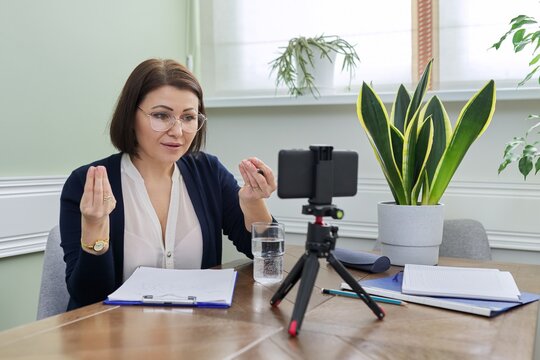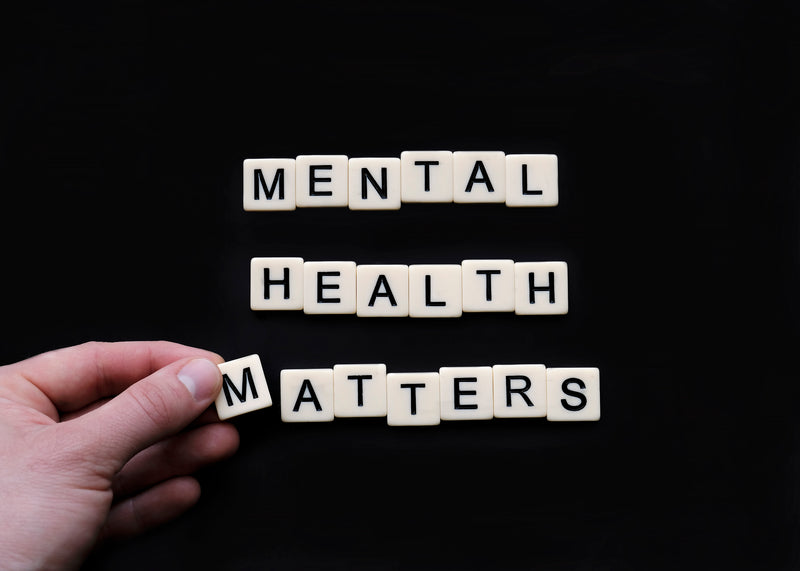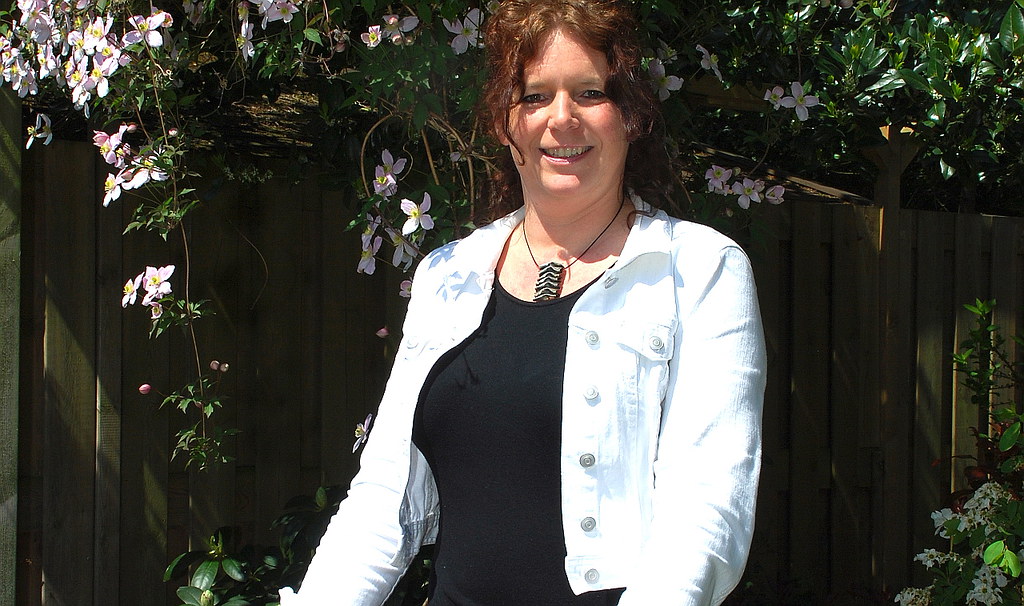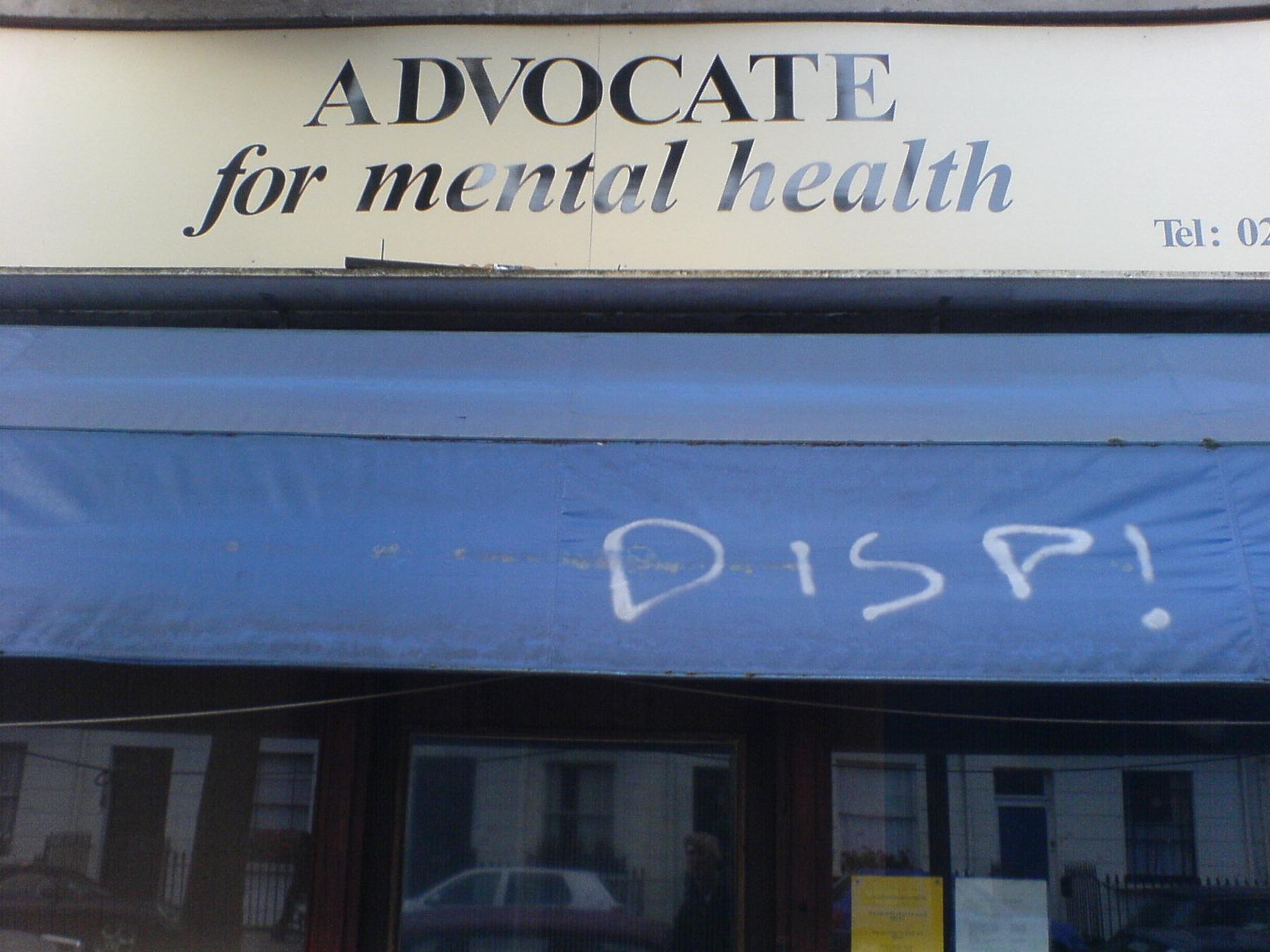In today’s fast-paced world, it’s easy to feel overwhelmed and stressed out. Whether it’s work-related pressures or personal issues, life can throw us curveballs that leave us struggling to cope. Seeking help from a licensed counselor is a great way to start taking control of your mental health, but the traditional in-person approach may not work for everyone. What if we told you there was a modern solution that could provide you with all the benefits of counseling without ever leaving your home? Intrigued? Keep reading to find out more about the power of video counselling and how it can help you maximize your mental health.

What is Video Counselling and How Does it Work?
Video counselling is a form of therapy that takes place through video conferencing technology. It allows clients to receive mental health services from the comfort of their own homes. Video counselling sessions are conducted in real time, meaning clients and counsellors can see and hear each other as if they were in the same room. The use of video allows for greater accessibility to mental health care, especially for those who may live in remote areas or have mobility issues.
To participate in a video counselling session, all that is needed is a computer or mobile device with internet access and a secure connection. Clients are provided with instructions on how to log into the platform used by their selected therapist.
The convenience of video counselling also means that there is no need for travel time or expenses associated with attending an appointment in person. This makes it easier for individuals with busy schedules to prioritize their mental health needs without sacrificing other important commitments.

The Benefits of Video Counselling for Mental Health
Video counselling has become an increasingly popular option for individuals seeking mental health support. One of the biggest benefits is that it can be done from anywhere, as long as you have a reliable internet connection. This means that individuals who may live in rural or remote areas, or have mobility issues, can still access professional help.
Another benefit is its accessibility for individuals with disabilities, who may find traditional face-to-face therapy more difficult. Video counselling also provides greater flexibility and convenience – sessions can often be scheduled outside of normal working hours to accommodate busy schedules.
Moreover, research suggests that video counselling is just as effective as in-person counselling when it comes to treating conditions such as anxiety and depression. In fact, some studies suggest that it may even be more effective due to increased comfort levels and less self-consciousness during sessions.
Overall, video counselling offers a practical solution for those seeking mental health care while breaking down barriers related to geography or physical limitations.
Finding the Right Video Counsellor for You
When looking for a video counsellor, it’s important to find someone who is licensed and experienced in your specific area of concern. Search for counsellors who specialize in your specific mental health needs such as anxiety, depression, or trauma. It’s also important to consider factors such as cost, availability, and communication style.
One way to find a video counsellor is through online directories or referrals from friends and family. Many therapists also have their own websites where you can learn more about their qualifications and approach to therapy.
Before committing to a video counselling session, consider scheduling a consultation call with the counsellor to get a sense of their personality and approach. Make sure you feel comfortable with the counsellor and that they understand your unique needs before starting therapy sessions. Remember that finding the right counsellor may take some time, but it’s worth the effort to ensure you receive effective mental health care.
Overcoming Stigma: Addressing Concerns About Video Counselling
Despite the numerous benefits of video counselling, some individuals may still feel hesitant to try it out due to concerns around stigma. There is a common misconception that seeking help for mental health struggles is weak or shameful, but in reality, it takes immense strength and courage to recognize when support is needed.
One benefit of video counselling is that it offers a level of privacy and confidentiality that can be difficult to achieve with traditional face-to-face therapy. Sessions take place from the comfort and safety of one’s own home, eliminating any potential feelings of judgment or shame in seeking help.
It’s important to remember that accessing mental healthcare through video counselling is just as valid as any other form of treatment. Mental health professionals are trained to provide quality care through virtual sessions and prioritize their clients’ needs above all else.
If you’re experiencing hesitation around trying video counselling for your mental health needs, consider exploring these concerns with your therapist or reaching out for support from others who have gone through a similar process. Taking steps towards prioritizing your own well-being can lead to positive changes in all aspects of life.
Tips for Making the Most of Your Video Counselling Sessions
Preparing Yourself for Sessions: Whether you’re new to counselling or just transitioning to video sessions, it’s important to prepare yourself mentally and emotionally. Find a quiet and private space where you won’t be disturbed during your session. Use headphones if needed to enhance privacy and improve audio quality. Make sure the camera angle is comfortable for you without causing any strain on your neck or eyes. It’s also helpful if you can test out the technology beforehand, perhaps by doing a trial run with a friend or family member before your first official session.
Engaging with Your Counsellor: Engage actively in each session by being present both mentally and physically. Try not to multitask during sessions as this can distract from the therapeutic process. Instead, listen actively and participate in discussions as honestly as possible – honest feedback will help your counsellor understand what strategies work best for you so they can tailor their approach accordingly. Finally, remember that progress takes time – be patient with yourself throughout the process!
The Future of Mental Health Care: The Role of Video Counselling
The role of video counselling in the future of mental health care is becoming increasingly important. With the rise of technology and the current global pandemic, more people are turning to online therapy as a convenient and accessible option. Video counselling allows individuals to receive mental health support from the comfort of their own homes, eliminating the need for travel and reducing wait times for appointments.
Furthermore, video counselling has made it possible for individuals in remote or rural areas to access mental health services that may not have been available to them before. It also provides a level of anonymity and privacy that some people may prefer over traditional face-to-face therapy.
As technology continues to advance, we can expect to see even more innovative ways that video counselling can be utilized in mental health care. From virtual reality therapy to AI-powered chatbots, the possibilities are endless. However, it’s important to note that video counselling should not replace traditional therapy entirely and should be used as a supplement or alternative when appropriate.

Success Stories: Real-Life Examples of How Video Counselling Has Helped Improve Mental Health
Many people have found great success in improving their mental health through video counselling. One woman suffering from anxiety and depression found that connecting with her counsellor via video allowed her to feel more comfortable opening up about her struggles.
Another individual who experienced social stigma around seeking therapy was able to access mental health care without fear of judgment or exposure. They noted that the convenience of being able to attend sessions from home made it easier for them to prioritize their self-care.
In addition, a man dealing with post-traumatic stress disorder (PTSD) shared how video counselling helped him gradually re-engage with the world after feeling isolated and disconnected. The ability to connect with his therapist on his own terms gave him a sense of control over his healing process.
These are just a few examples of how video counselling has helped individuals improve their mental health in meaningful ways. With its accessibility, flexibility, and range of benefits, it’s no wonder why more people are turning towards this modern form of therapy.
In conclusion, video counselling is a powerful tool for maximizing your mental health. It offers numerous benefits, including convenience, accessibility, and the ability to connect with a wider range of qualified counsellors. By finding the right video counsellor for you and taking steps to overcome any concerns or stigma surrounding this form of therapy, you can make the most of your sessions and achieve real progress in your mental health journey. As the future of mental health care continues to evolve, video counselling is sure to play an increasingly important role in helping individuals achieve greater well-being and happiness. So why not give it a try and see how it can benefit you?
FAQs
Q: Who can benefit from video counselling?
A: Anyone who needs therapy but can’t attend in-person sessions.
Q: What is video counselling?
A: It’s a form of therapy that’s conducted over video conferencing.
Q: How does video counselling work?
A: You’ll need a computer or phone with a camera and internet access.
Q: Who can I talk to during video counselling?
A: You’ll talk to a licensed therapist who’s trained in online therapy.
Q: What if I’m not comfortable with video counselling?
A: You can try phone or text therapy instead.
Q: How effective is video counselling?
A: Studies show that it’s just as effective as in-person therapy.
